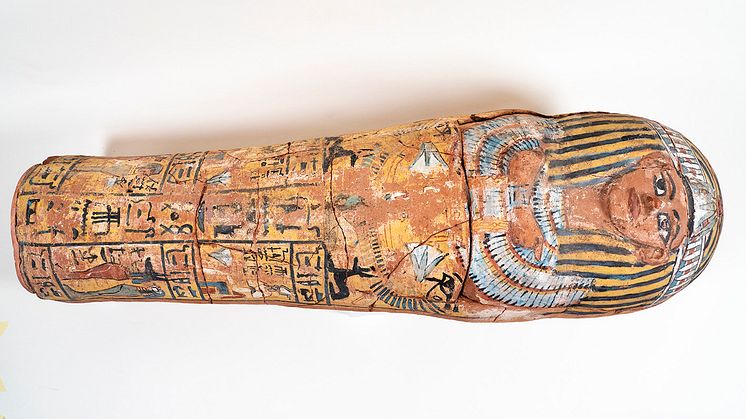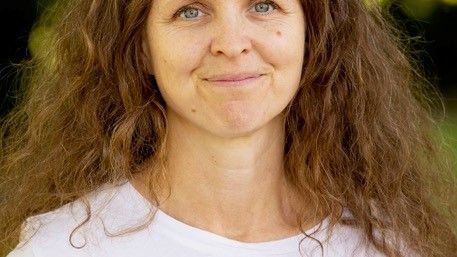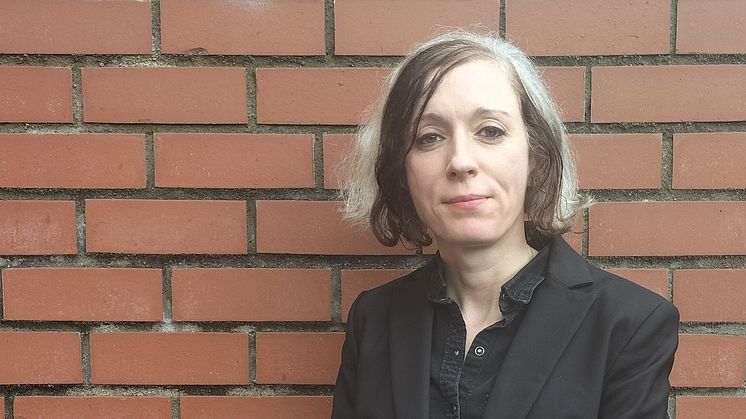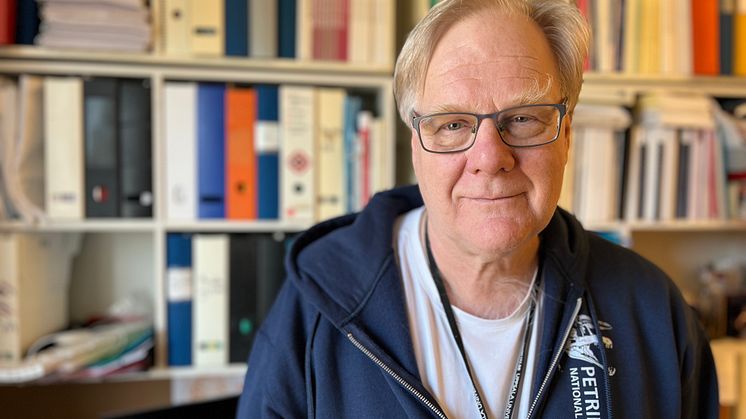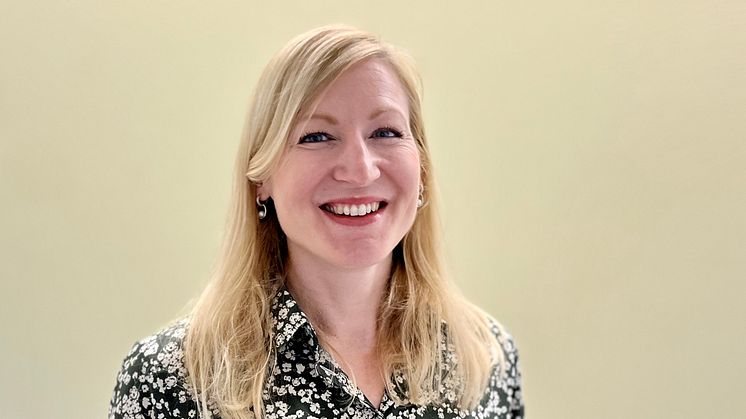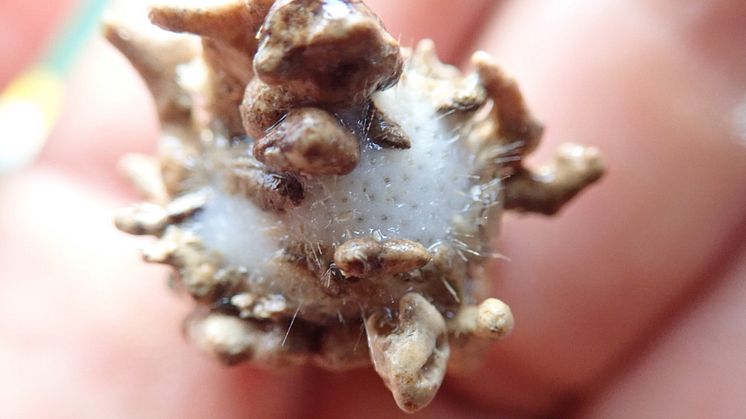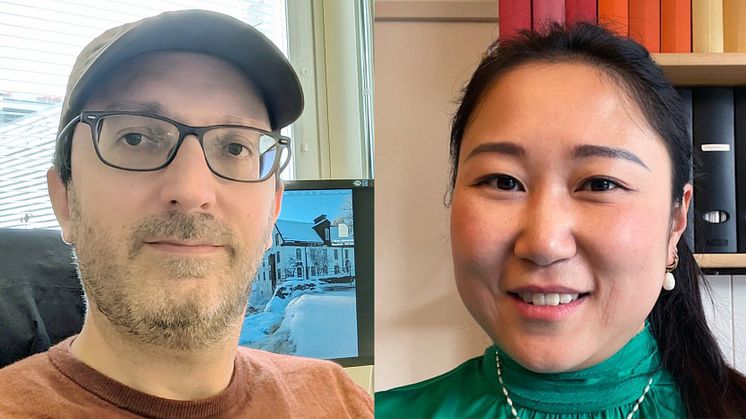
New mechanisms behind antibiotic resistance
Two newly discovered mechanisms in bacteria have been identified that can contribute to the development of antibiotic resistance. Changing the number of copies of resistance genes in bacteria increases antibiotic resistance. These two mechanisms, along with a third known mechanism, can occur independently of each other, even within the same bacterial cell. (published in Nature Communications)

